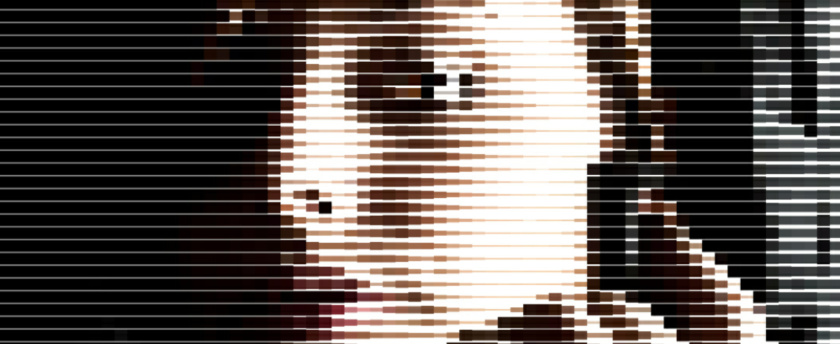
When retired MI6 operative John Quick died, he left his housekeeper Emma Gwynn his estate, his past and a sniper’s rifle to kill the man who murdered him.
Suddenly thrust into a wilderness of mirrors no less treacherous with the ending of the cold war, Emma Gwynn descends into a twilight world of deception fraught with the ghosts of combatants long since dead, but clearly unaware of their passing.
Eye of the Dawn was my first departure from writing fiction with pagan themes. Emma Gwynn is the housekeeper for John Quick, a former employee of MI6 turned assassin for hire. When he dies under mysterious circumstances, Emma Gwynn takes up his sniper’s rifle and generally suspicious nature, and sets about trying to find the parties responsible for her sudden lack of an employer.
Set shortly after the fall of the Soviet Union, Eye of the Dawn touches on the notion of lifelong cold warriors suddenly bereft of a cold war to fight. What does one do with a world full of spies made redundant...
Along with quite a lot of fan mail, Eye of the Dawn has attracted a meaningful volume of negative feedback in the decade or so that it’s been around, which has certainly reinforced my appreciation of it. Most of these nastygrams have been from readers who had a problem with a young woman wandering around Europe shooting people for a living. I’ve long since come to appreciate that replying to these messages with a correction — that she actually stabs some of her victims — rarely does much to cool the righteous indignation of their authors.
I doubt it’s an acceptable perspective in the new millennium, but Eye of the Dawn is predicated upon the presumption that some people are sufficiently evil as to deserve a bullet through their brains. You can do this sort of thing in a book — it will get you an R rating and correspondingly dreadful box office if you try it in a film.
Emma Gwynn spends much of the book trying to find out who killed John Quick, before she realizes that she’s been chasing the wrong mystery. At length, she appreciates that she’s equally driven to learn why John Quick had taught her to shoot and create false passports and generally misbehave in the furtherance of the reprehensible job skills he spent ten years of her life imparting to her.
Eye of the Dawn was written at the behest of my former literary agent, Joanne Kellock. Sadly, Joanne passed away several years ago. Joanne persuaded me to write something “a bit more mainstream” so she could have a shot at trying to sell it to a large publishing house. This was the beginning of the “best-seller or bust” period in mass market publishing, and despite Joanne’s considerable talent as an agent, the large publishing houses she submitted it to were less than wholly receptive.
One of the acquisitions editors who read Eye of the Dawn wrote Joanne a truly remarkable rejection letter, which vilified everything in the manuscript including the page footers — I can no longer recall the reason for the latter. One of the elements the editor in question took issue with was the “imaginary island” upon which Eye of the Dawn is set.
For the benefit of readers who were able to find most of the landmarks in Coven with a Michelin map, I feel moved to point out that the island of Abertyrnas does exist, albeit under another name. As it and some of its inhabitants receive less than favorable mention in Eye of the Dawn, I chose to disguise it.
It’s a spy novel — it deserves a cover story.

